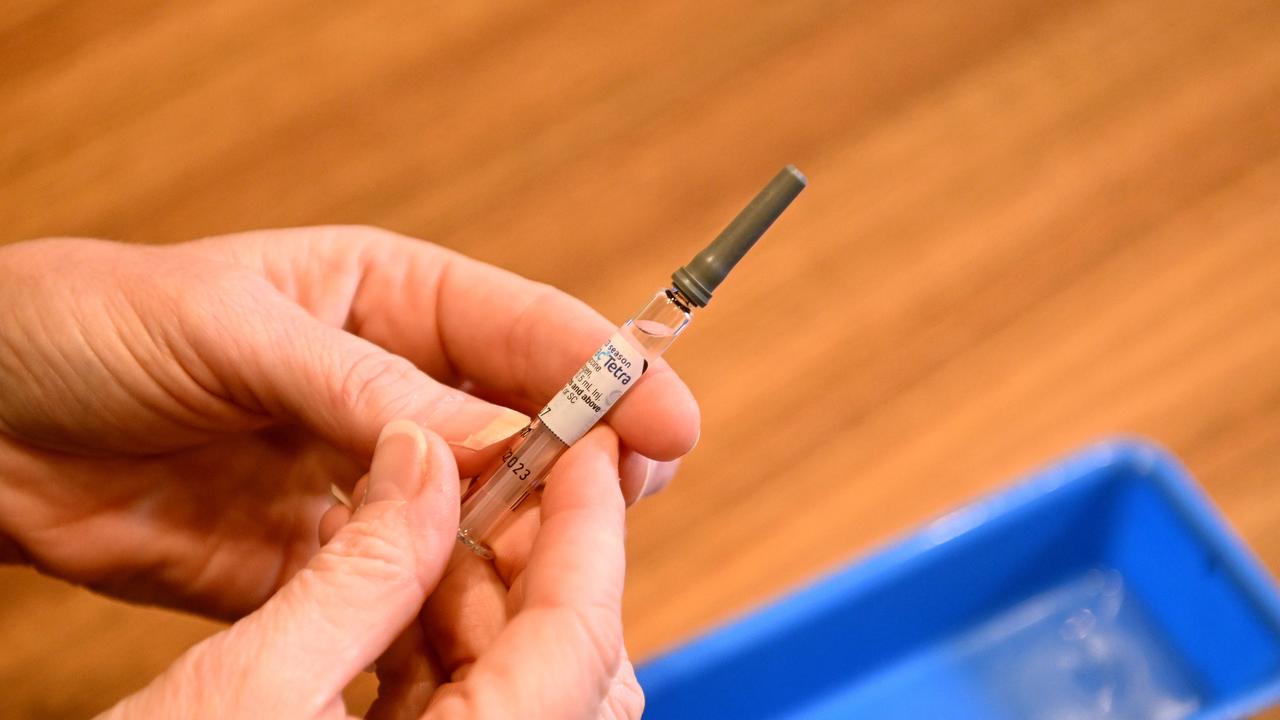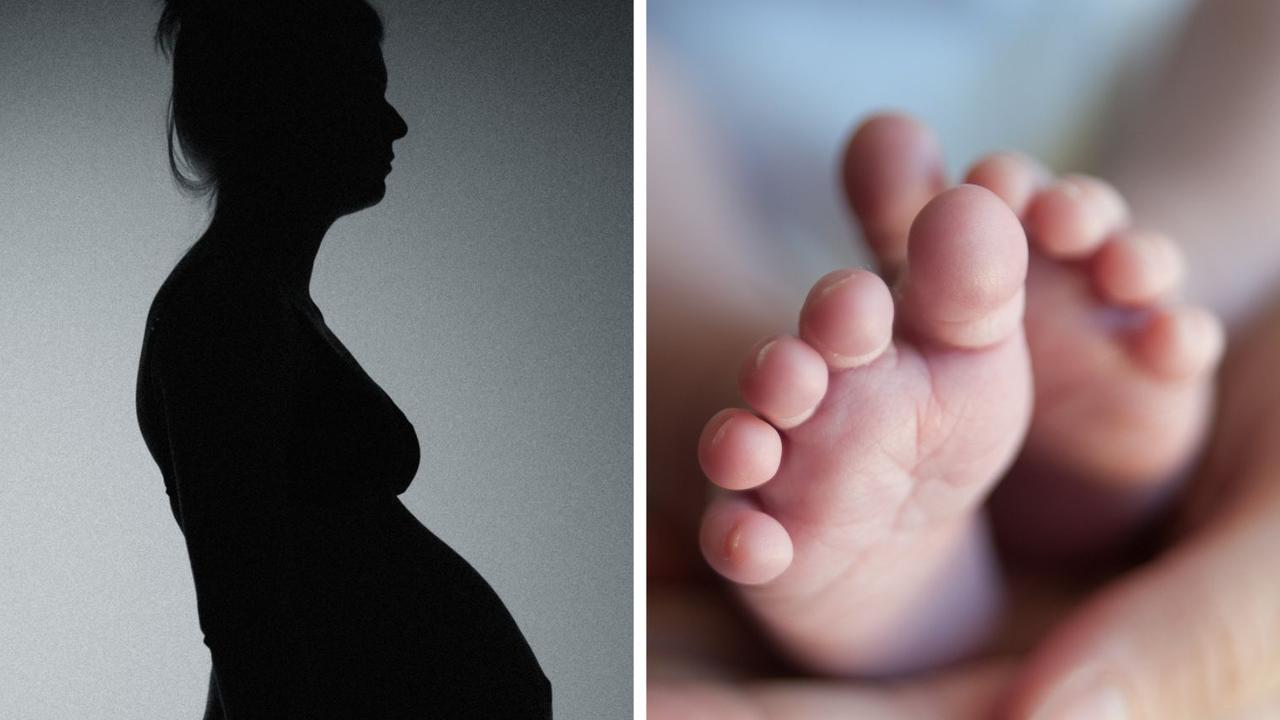One million cancers ‘missed’ worldwide during Covid lockdowns, WHO estimates
Covid caused nearly 40 million excess deaths around the world, but another disturbing hidden cost of the pandemic has been revealed.
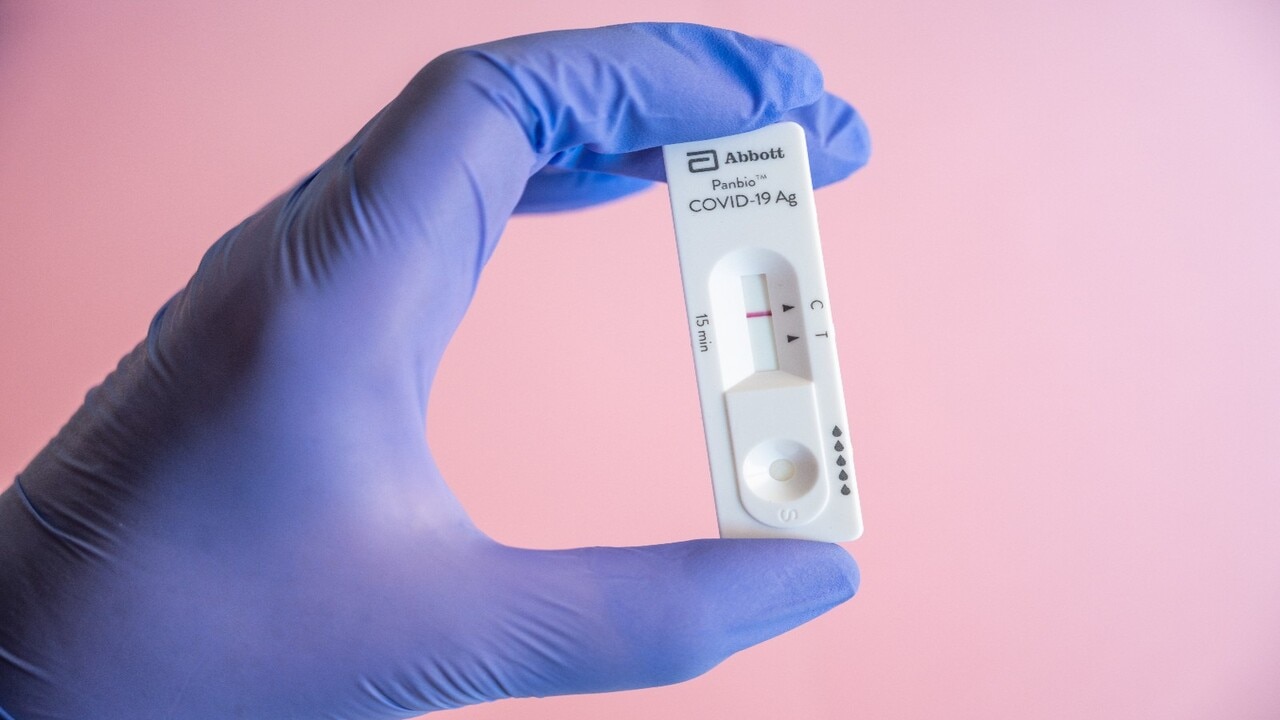
Around one million new cancer diagnoses may have been “missed” during the Covid pandemic as a result of lockdowns and other healthcare disruptions, researchers with the World Health Organisation (WHO) have found.
The team from WHO’s International Agency for Research on Cancer (IARC) conducted a systematic review of 245 studies from 46 countries, including Australia, to get a global picture of the impact on cancer treatment in the pandemic period after March 2020.
Overall they found a 23 per cent decrease in the number of new cancer diagnoses in the first year of the pandemic.
“Applying this to the estimated number of new cancers diagnosed in 2020 and assuming that the impact was largest during the first three months of the pandemic, about one million cancer cases might have been missed during the pandemic,” the authors wrote the study, published on Thursday in the journal Nature Cancer.
The researchers also observed a 28 per cent decrease in cancer treatments, a 24 per cent decline in diagnostic procedures, a 39 per cent decline in cancer screening and a 70 per cent decline in supportive care.
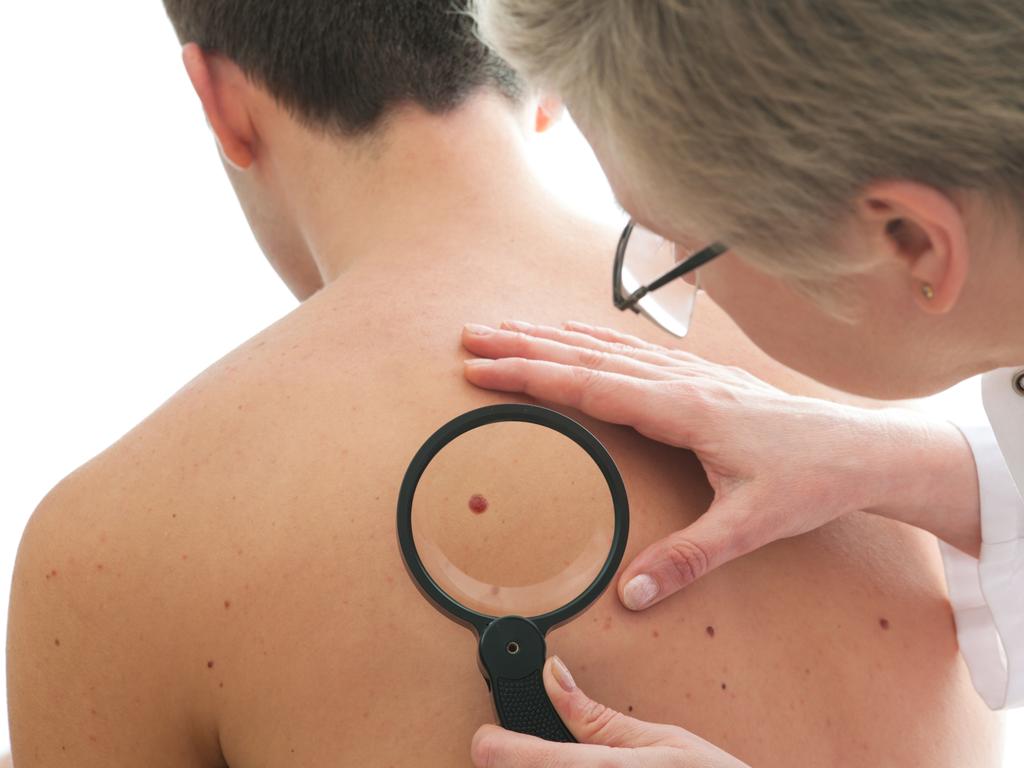
Australia, which experienced some of the world’s strictest lockdowns, saw the highest relative decline in the overall cancer screenings at 59 per cent, with screenings for breast cancer down 51 per cent and colorectal cancer down 66 per cent.
“Many factors might have contributed to this finding, including reduced access to health centres because of lockdowns and suspension of non-urgent care at hospitals, patients’ and healthcare workers’ fear of contracting Covid-19 and equipment or medicine shortages due to supply chain disruptions,” they wrote.
“In many instances, when cancer screening services resumed, they were often conducted at reduced capacity, causing prolonged disruptions in cancer diagnostic activities.”
While overall cancer diagnoses declined, the study found certain cancer types were more affected than others.
“Part of the explanation could be linked to symptom profiles for these cancers or other social factors that could lead to dismissal or self-management of such symptoms,” they wrote.
“For example, early-stage haematological cancers may present with mild non-specific symptoms that sometimes mimic flu-like symptoms and were considered nonurgent or harmless. Individuals with these symptoms may have been asked to quarantine at home under suspicion of Covid-19 infection.”
They added that during the pandemic, “the tendency to overlook symptoms of gynaecological cancers, such as vaginal bleeding or abdominal problems, which some women considered normal even before the pandemic, may have been exacerbated”.
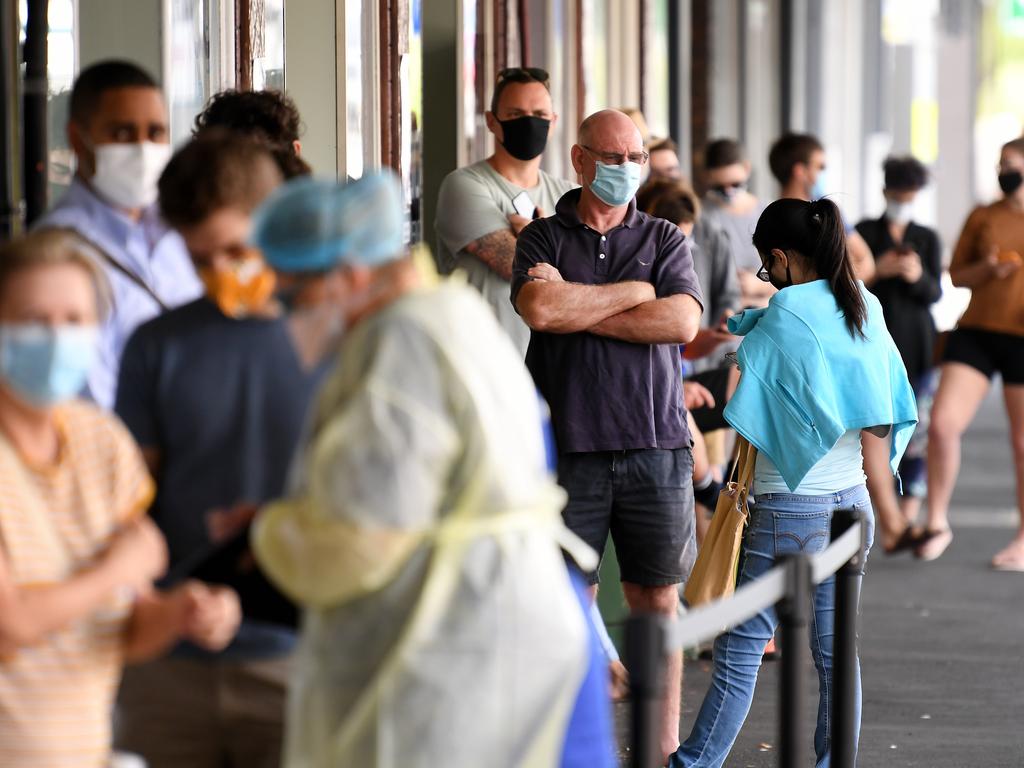
“Skin cancer diagnoses also declined during outbreak periods due to the reduction in access to nonurgent check-ups at general physicians’ offices or dermatology practices,” they continued.
“Limited awareness of lesions developing in inconspicuous body parts, in particular the back and among older adults, was exacerbated by social isolation during the pandemic when friends and family were not available for lesion detection. In addition, the increasing utilisation of tele-consultations during the pandemic may also have played a role given its lesser accuracy in diagnosing skin cancers than face-to-face consultations.”
The WHO researchers conducted the analysis to synthesise the findings of many smaller-scale studies that examined the impact of Covid on cancer care around the world.
They noted that Covid, both directly and indirectly through disruptions to health systems, had resulted in an estimated 21.5 million to 38.6 million excess deaths as of June 2023 and “severely impacted cancer services and programs from prevention and early detection to treatment”.
“Understanding the impact of the pandemic on cancer care is crucial, not only for healthcare professionals but also for policymakers, patients and the general public,” they wrote.
They urged governments, healthcare providers, pharmaceutical companies and non-governmental organisations to “collaborate to develop comprehensive strategies for mitigating the impact of future crises on cancer services to ensure sustaining or advancing positive outcomes”.

“This includes establishing flexible healthcare policies, allowing for rapid adjustments in cancer care protocols during health crises and incorporating alternative modalities such as home-based care or community clinics,” they wrote.
According to the Australian Institute of Health and Welfare (AIHW), the number of cancers diagnosed in 2020 decreased for the first time since 1996, with 147,500 cases compared with 148,800 in 2019.
“This is different to the pattern from 2000 and 2019 where the number of cancer cases diagnosed increased, on average, 3200 cases per year,” the AIHW says.
“The number of cases diagnosed in 2020 was less across the most common cancers, with decreases of around 1000 cases for both colorectal cancer and melanoma of the skin. There was also a decrease of just over 500 for breast cancer and a very small increase for prostate cancer (89 cases) compared with prostate cancer increases of around 1000 cases in previous years.”
The AIHW adds that “at this stage it is not clear what impact this will have on cancer outcomes”. Cancer claimed around 53,000 lives in Australia last year.
In 2022, there were nearly 19 million cancer diagnoses worldwide and around 10 million cancer deaths, according to the IARC.
Lung cancer was the most common cause of cancer death in men, claiming 1.2 million lives, while breast cancer killed around 670,000 women in 2022.
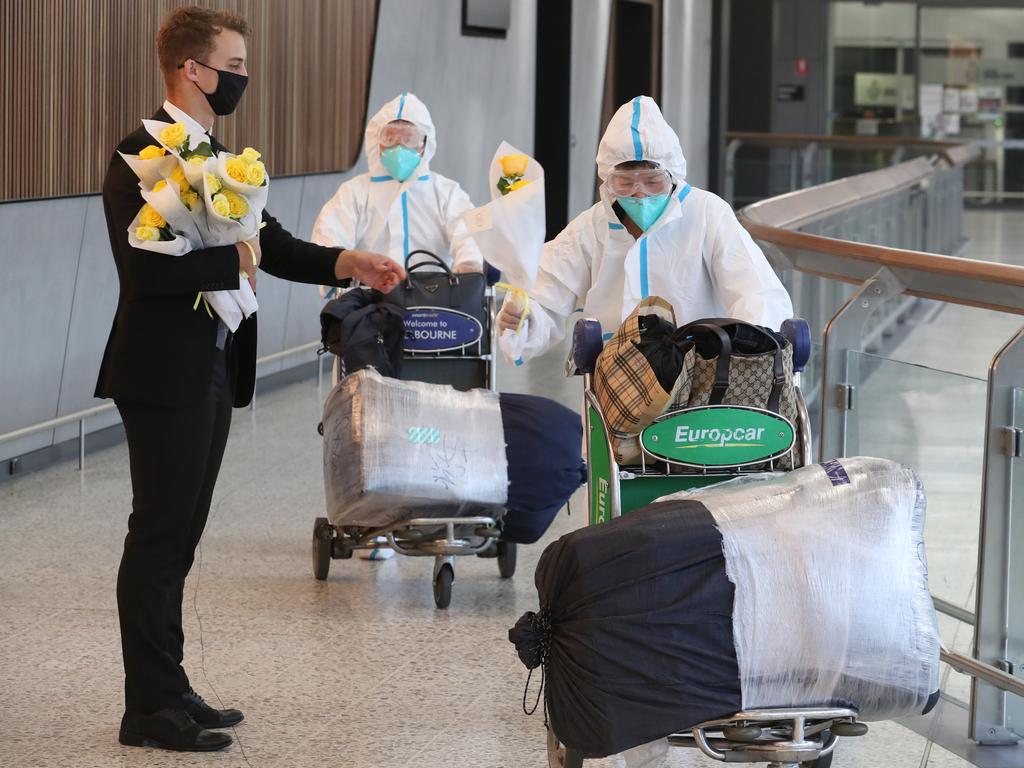
It comes after Australian researchers last year modelled the impact of Covid on the country’s bowel cancer screening program.
The team from UNSW, the Daffodil Centre and the Cancer Council of NSW concluded that Covid disruptions could lead to an extra 234 bowel cancer cases and 1186 deaths in Australia between 2020 and 2030 due to cancers not being picked up in time or treated accordingly.
“We’ve got the official statistics saying that fewer people completed their bowel screening tests,” lead author Dr Joachim Worthington told the ABC.
“We’ve also got the official statistics saying that there were delays to people getting their cancer diagnosed, as well as getting their treatment after that.”
But the study also found that in a “mitigation” scenario, if Australians resumed regular bowel cancer screenings and testing, the country would only record 842 extra deaths rather than the predicted 1186 over the decade.
“It’s a simple test, but only 40 per cent of Australians do it,” Dr Worthington said.
“There’s definitely scope for a lot more people to get into screening or return to screening if … they’ve lost that habit over the pandemic. It wasn’t too long ago that we didn’t have this screening program, and for a lot of cancers, we don’t have the opportunity to detect these early.”

Meanwhile, another study from 2023 argued Covid lockdowns likely caused “more harm than benefit” with “substantial and wide-ranging collateral damage” that will be felt for years to come, including millions of non-Covid excess deaths, a rise in child abuse and domestic violence, and trillions of dollars in economic losses.
Dr Kevin Bardosh, an applied medical anthropologist from the University of Washington, conducted a “comprehensive” review of more than 600 research publications to evaluate the “global state of knowledge” on the adverse social impacts caused by lockdowns and other non-pharmaceutical interventions (NPIs).
The preprint paper, which was funded by UK charity Collateral Global, found that “the collateral damage of the pandemic response was substantial, wide-ranging and will leave behind a legacy of harm for hundreds of millions of people in the years ahead”.
Starting in March and April 2020, national lockdowns were imposed in around 150 countries.
Over the next two years, governments adopted various containment measures such as school and workplace closures, gathering size limits and travel restrictions, economic stimulus including income support, and health policies such as mandatory masks, testing and vaccination.
Some of these policies remained in place as late as 2022 and even 2023.
The WHO officially downgraded the Covid pandemic in May 2023, saying it no longer qualified as a global health emergency.





